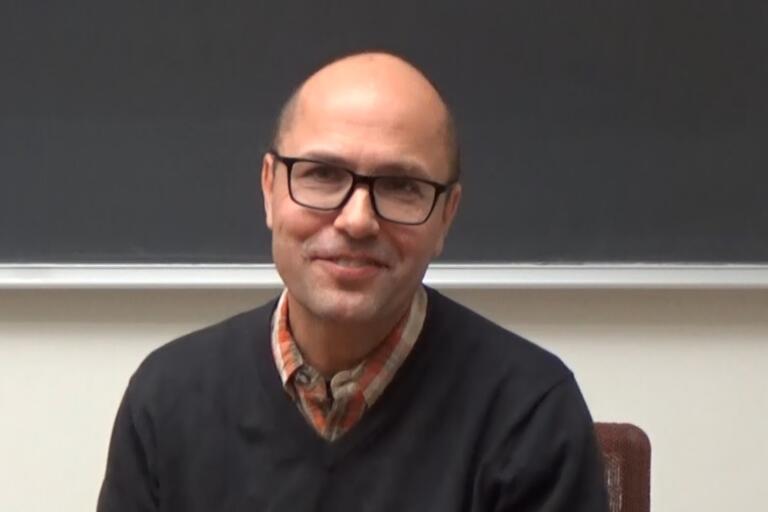
Martin Olsson is a professor at UC Berkeley who chairs the Department of Mathematics. Olsson studies algebraic geometry — the part of mathematics that concerns spaces defined by polynomial equations — with an eye toward arithmetic and number theory. He is currently juggling many projects: building culture across the department, evaluating evolving teaching needs, attracting talented faculty members, and preparing for a new building to replace Evans Hall, the center of the mathematical universe at Berkeley for decades.
With the fall semester underway, Olsson sat down to discuss his department’s priorities.




